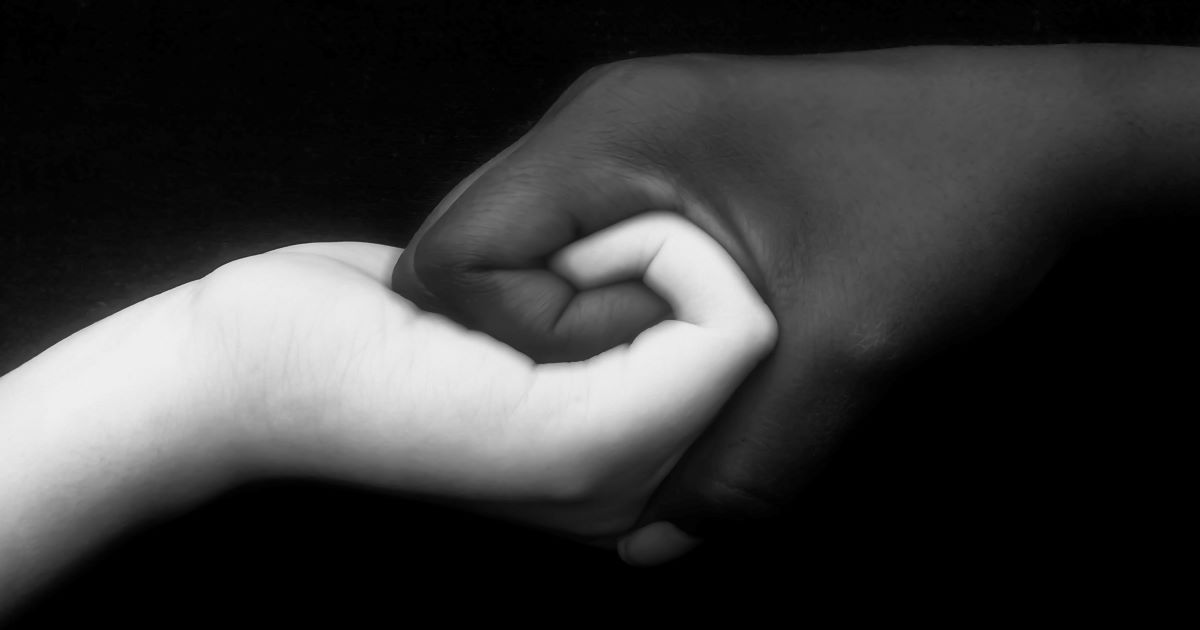


Racism is a major issue in America and in the Evangelical church today, but, if we are going to have a productive discussion of it, it is helpful to define our terms. There are at least three definitions of the word racism, and, if we are to think about the issue biblically and clearly, we need to assess each carefully.
The first, the old definition of racism, is holding negative views of someone simply because of her or his race. This often expresses itself in racial slurs and taunts or overt behavior that showed that you thought the person inferior to you, that you hated or held that person in contempt because of race. Biblically, this is a sin, and it applies equally to all no matter what your race might be.
The next definition added another element to racism: to be a racist you had to have access to institutional power. The corollary is that since Whites have access to institutional power and no one else does, only Whites can be racists.
This raises two questions. First, abuse of power is a sin no matter who does it or why, but is it necessarily part of the definition of racism? Is it a sin, for example, for a Black person to hate Whites because they are White? It seems clear it is. But by this new definition, it cannot be racism, so what is it?
Second, are Whites really the only ones with access to institutional power, and do they always have it? This point was driven home to me in a different context. When I was in grad school, I was a Teaching Assistant for a course on economic history. The class that used the room immediately before mine was a Women’s Studies course taught by a professor with an endowed chair at the university—in other words, she was pretty much the top of the pecking order in academia. One day, I went into the room, and there were handouts left on the desks from the Women’s Studies class that said, among other things, that “pornography is a textbook teaching men how to treat women.”
A few weeks later, I was at an obligatory Sexual Harassment Training workshop where I was informed that it was impossible for me to be discriminated against as a White male because I had access to institutional power. During a break I told the presenter about the handout. I pointed out that if I were to make a stupid statement like “Harlequin romances are textbooks teaching women how to have relationships,” I could be disciplined, so what was the difference between that and the handout?
He told me with a straight face that I had access to institutional power, which meant my statement would create a hostile environment for female students, but for the same reason the handout could not be construed as creating a hostile environment for me.
Think about that. I was a graduate student; the professor had an endowed chair. Which of us had access to institutional power?
To put it in a racial context, who has access to more institutional power, Malia Obama or the 20-year old son of a White coal miner in Appalachia? If race really is the core issue, why do immigrants from African countries like Nigeria and Ghana do better in America than Blacks who have been here for generations? Is the issue really race and gender alone, or are there other factors in play?
But that second definition of racism is increasingly becoming passé in favor of a third definition. Books like White Fragility argue that if you are White, you are a racist regardless of whether you have any racist thoughts or attitudes. You have benefited from systemic racism, and so you are a racist.
The claim that America is systemically racist asserts that racism is at the heart of American culture, that we have been a racist society from the beginning and that this is an immutable part of what it means to be American. But is that true? If it is, then does it not mean that to get rid of racism, we need to eliminate the heart of American culture, effectively ending it? If racism is so central to who we are, I do not see an alternative.
Let’s probe further. Are the things identified by many as “whiteness” sins, such as the primacy of the conjugal family (a value in cultures around the world, not just White culture), hard work (again, embraced around the world), property rights (assumed in the Bible in the commandment not to steal), and the goal of objectivity?
Should we repent of these, or are they good for the individual and society? All values do not lead to equivalent results, and the differences in results are not necessarily caused by racism or other forms of discrimination but are often the natural outcome of the values themselves.
Racism is real, even institutional or systematic (distinct from systemic) racism, and where it exists, it needs to be confronted and rejected. If it is in us, we need to repent. But we need to understand it properly.
The assumptions underlying the newer definitions of racism are at best unhelpful and likely false, as shown by questions that probe those assumptions or their practical outworking: “Is that really a sin?” Or, “Is that really in the same category as a lynching?”” Or, ”Is each White person individual really responsible for that?”
Questions such as these highlight the weaknesses in the argument and allow us to refocus and deal with real examples of racism in society. Defining our terms is the first step in seeking a solution.














